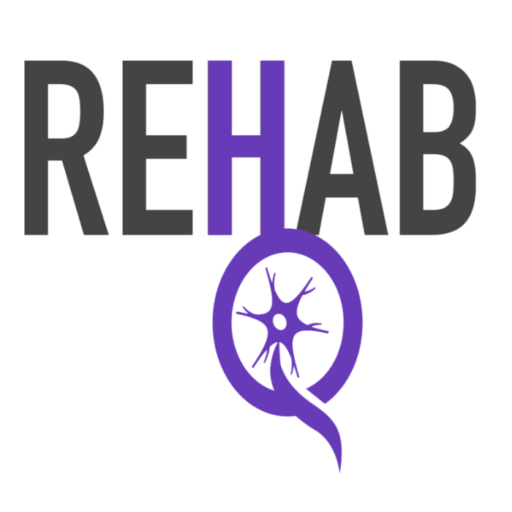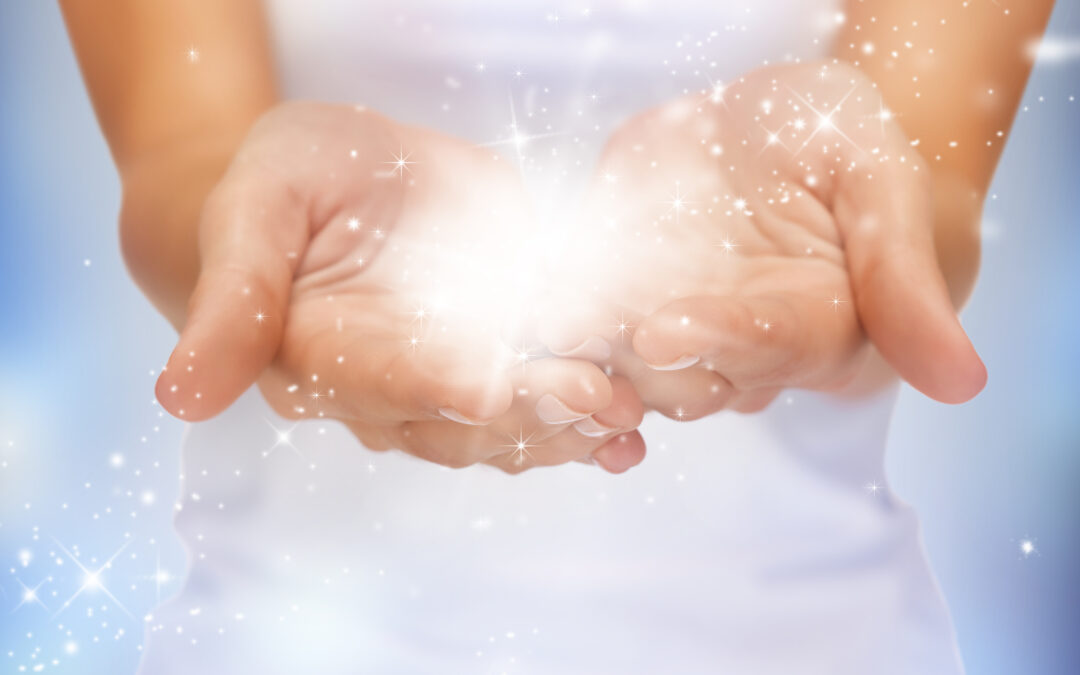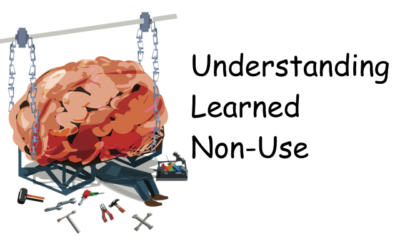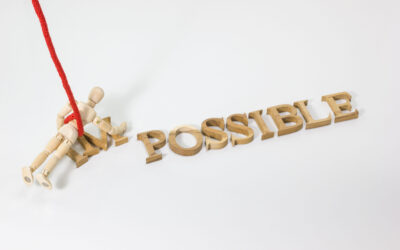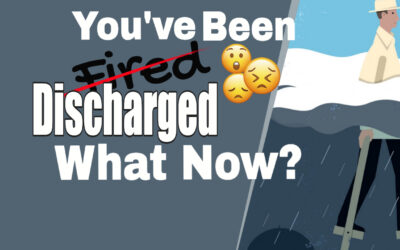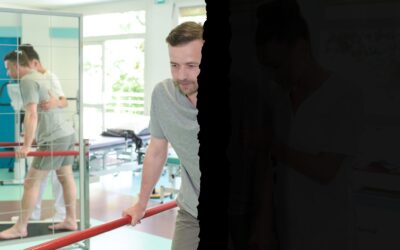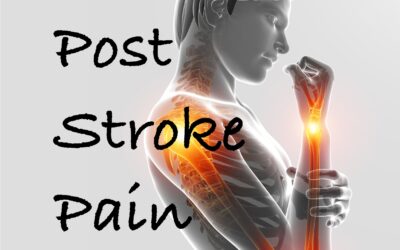Are “miracles” unjustly crucified?
Defining “Miracles”
“Miracle” versus Placebo
A placebo is a treatment that has no therapeutic value. Placebo’s are used in research studies to eliminate the placebo effect. The placebo effect is defined as a phenomena where some people have a positive health outcome as a result of the anticipation that a specific treatment will help. In a research study, the placebo effect might mean that some people responded favorably to a medication solely on the basis of the placebo effect and NOT because the treatment was effective. That being said, scientists will often include a placebo group in their study design. This group of test subjects receives a medication that has no therapeutic value. (Ie: a sugar pill, saline….etc). If a large percentage of the subjects in the placebo group have a net benefit from the treatment (despite receiving a treatment that has no therapeutic value), This would weaken the study results.
So, does this mean the Placebo effect is the equivalent of a “miracle”?
Can YOU Be A Placebo?
Final thoughts
More articles you may be interested in:
Understanding Learned Non-Use
https://youtu.be/iLo0j4aC44I Do you feel like you have plateaued? What I mean is, has your arm and leg movement recovery slowed to a crawl? Or maybe progress has stopped altogether? The common belief is that someone loses the ability to move because that part...
Finding your SUPERPOWER
Are you unknowingly giving away your power? I hate to admit it, but I can be guilty of this. I am quick to justify why I am not making progress toward a goal. Bad circumstances, lack of resources, not enough experience….oh, and my favorite…..genetics. My parents were...
How to become a “high achiever” in Neuro Rehab
There are "high achievers" in every industry. Including in neuro rehab. I consider these the "outliers". The ones who did what others couldn't. They recover more movement than expected. High achievers have a different gear. And truth be told, it is not one that I...
Discharged from therapy. What now?
So, you have been discharged from therapy. So, what now? For some, this is a positive step in the rehab process. Some will understand right away that this is progress. On the other hand, for others it can bring up all kinds of negative emotions. "Is my therapist mad...
Neuro Rehab is 90% mental, 10% physical
What should you expect to achieve in neurologic rehabilitation? My answer might confuse you, frustrate you, and hopefully challenge you to think differently. The most critical component of a successful outcome (in neurologic rehabilitation) is NOT based on the extent...
Physical therapists are not as important as they think
I am not as important as I think I am. More broadly, physical therapists are NOT as important (to a rehab plan) as they may think. No, seriously. Ok, maybe half seriously. 2020 has been "unprecedented" (I couldn’t resist 🙃). I did what I thought I would never do....
Hemineglect after a stroke: When half the world is missing
hemineglect is a condition where someone loses the ability to attend to, sense, and/or perceive information on one side. This condition is also referred to as unilateral neglect, spatial neglect, and/or hemispatial neglect. Several neurologic condition can cause this...
The Voice
Some call it intuition. Others might call it a “gut” feeling. And for those who believe in a higher power, “a direct message from God”. You know, that little voice that prompts you to take action. Yeah, that voice. In the past 20 years, I have had the pleasure of...
Post Stroke Pain: Diagnosis and Treatment
Pain is a common symptom after a stroke. Unfortunately, pain can be a significant barrier to regaining function. In some cases, there is an identifiable cause related to a movement or a structural problem. The rehab team can identify this, prescribe the...
Brunnstrom Stages of Motor Recovery
The Brunnstrom stages of stroke recovery is one proposed model of how someone with hemiplegia will recover movement. It was developed by a physical therapist in the 1960s and proposes that this sequence of recovery falls into six loosely defined stages. The main...
